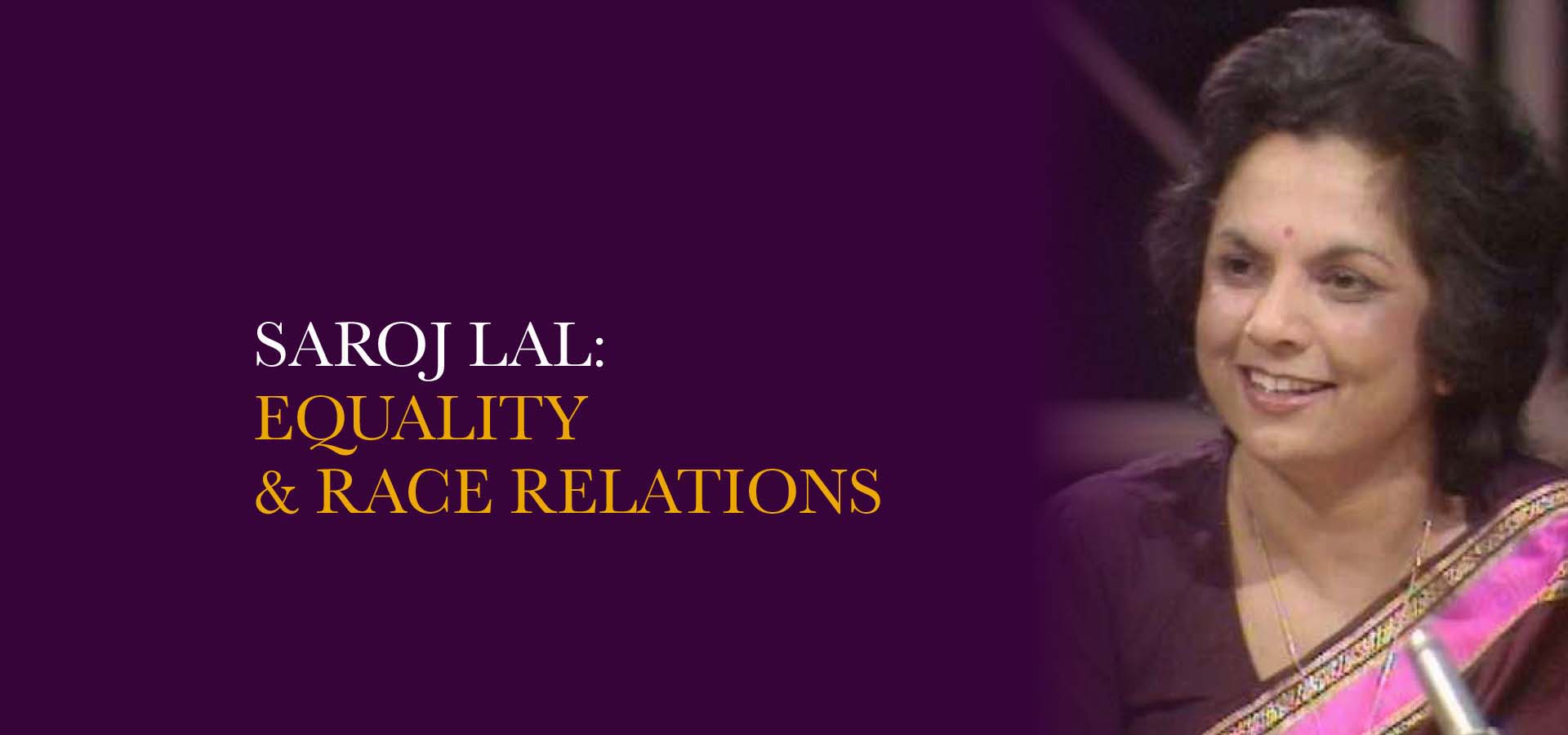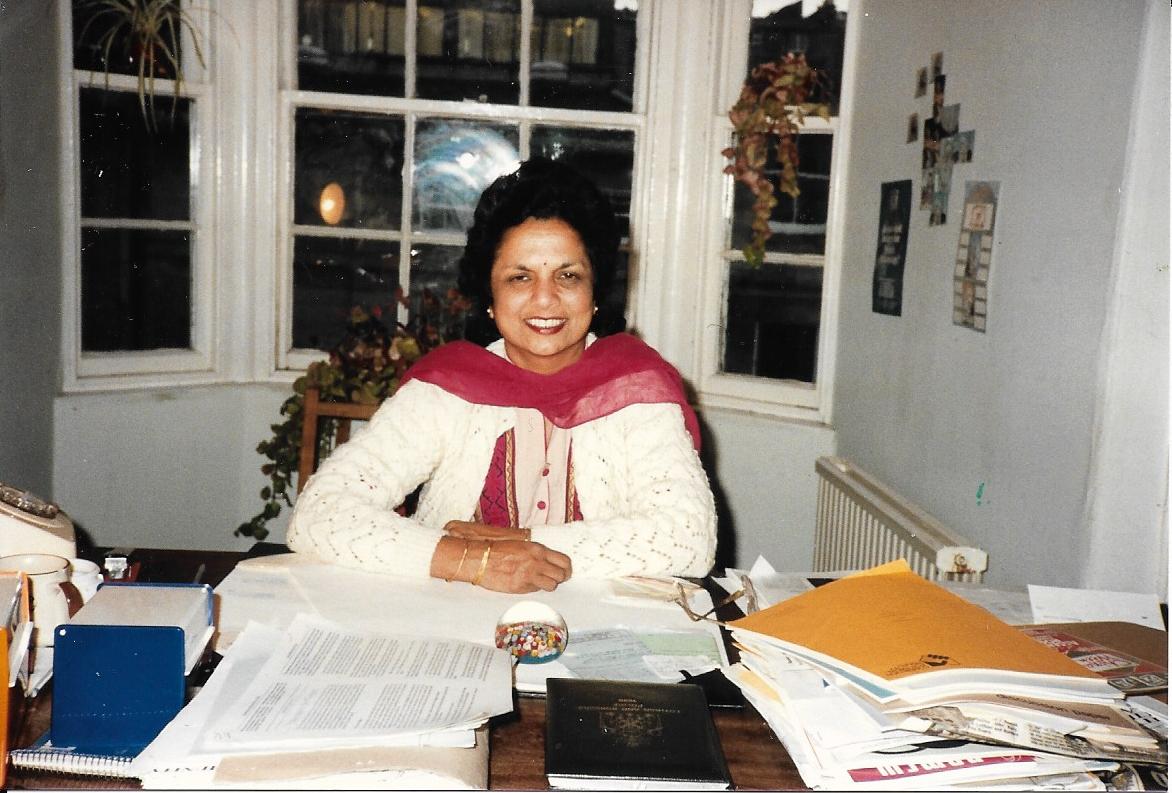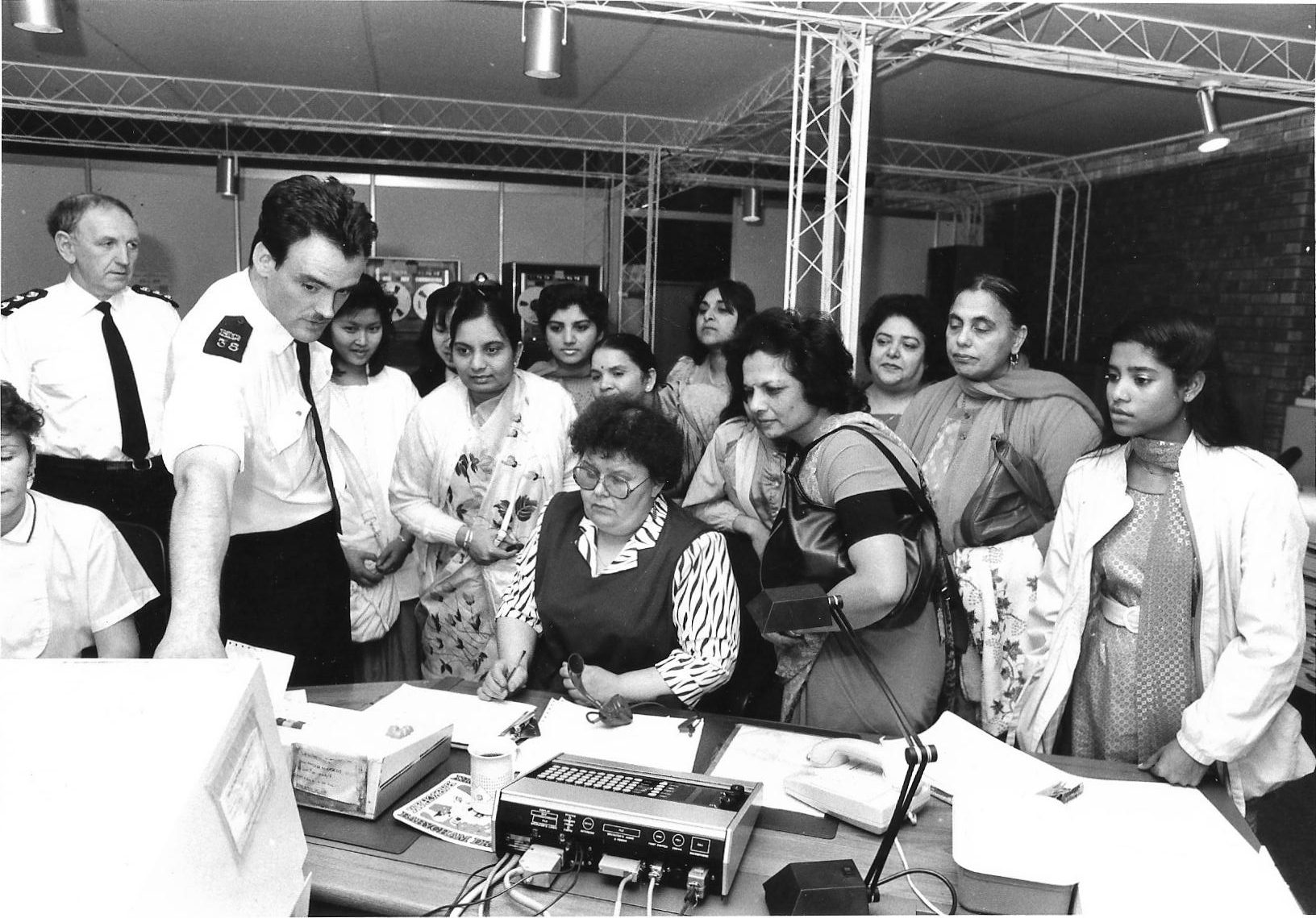


She set to work, and she wasn’t afraid to ask difficult questions, or challenge people in power – including politicians and government ministers. She had a job to do.
She was especially proud of her work with the police. She ensured that, when someone was attacked because of the colour of their skin, this was treated seriously and that the incident was recorded.
She encouraged the police to tackle racist bullying in schools, trained new recruits so they knew about Scotland’s different communities, and encouraged more black and Asian people to become police officers. Most of those in the police force were men, and sometimes they weren’t willing to listen, but she never gave up. She was determined to make sure that everyone was treated equally.
Saroj worked closely with hospitals, hospices and prisons too, to improve things for people who had special needs – often because of their religion, or because they had recently arrived in Scotland and couldn’t communicate very well.
She knew that elderly people in the Asian community needed support, so she set up an organisation just for them, called Milan. One of her greatest achievements was to establish a temple for Edinburgh’s Hindu community and find it a beautiful home in a former church in Leith.
In 1986 she became the first Asian woman in Scotland to be appointed as a Justice of the Peace. When she retired in 1996, the police presented her with a special award to thank her for all her tireless work over the years. Saroj sadly passed away on 12 March 2020, aged 82.
Scotland today is a much better and much fairer place for everyone because of Saroj.
Her legacy lives on.
Kaliani Lyle
Former CEO, Citizens Advice Scotland and Scottish Refugee Council

